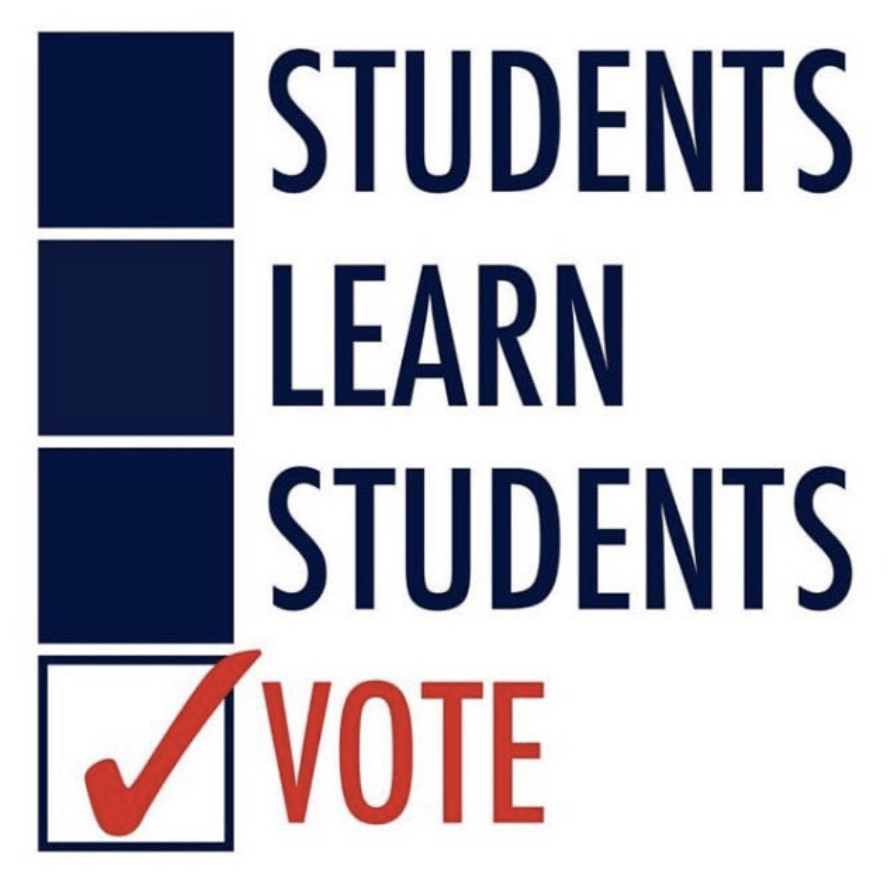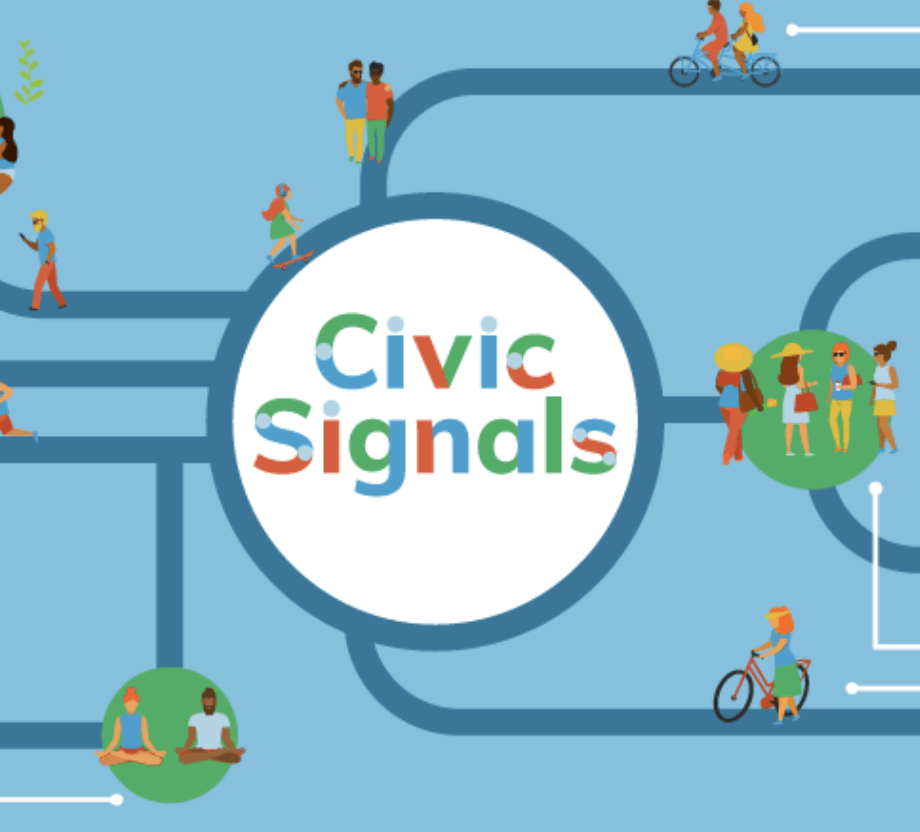The National Conference on Citizenship (NCoC) is a congressionally chartered organization that believes every American should fully participate in our democracy. To address local barriers to full participation, NCoC is building the largest network of local leaders taking action in their own community. NCoC’s comprehensive support and programming is focused on increased voter participation, improved voter experience, a full and complete count in the Census, and better ways to civically engage in the digital world. NCoC’s work is built on the foundation of robust civic health data and an annual cross-sector Conference – the premier platform for cultivating and multiplying civic energy with local leaders nationwide.
Students Learn Students Vote Coalition

With nearly 20 million college students in the United States today, institutions of higher education have a responsibility to help their students overcome the obstacles that many new voters face.
Founded in 2016, SLSV is the largest nonpartisan network working to get out the student vote.
The SLSV Coalition is comprised of a diverse group of nearly 400 local, state, national and student nonpartisan organizations working with over 1,600 campuses. It’s the national hub and the largest nonpartisan network in the United States dedicated to increasing voter participation and civic engagement through data-driven approaches and by working with college administrators and faculty members.
The SLSV Coalition’s work starts with a local leader—that is, someone who knows the campus best, who’s committed to it, who has access to local social networks, and who is best positioned and most culturally equipped to drive dramatic and sustainable increases in voter participation over time.
Check out all of SLSV’s work on their website.
Census Digital Preparedness Project
For NCoC, being counted matters, because we all count. The Census is more than just a set of statistics. Its results can determine everything from Congressional redistricting to where and how billions of federal dollars are spent on critical needs such as education, transportation and health care. Being counted matters, but all too often, some of the most marginalized members of our society aren’t part of the equation.
In 2020, the Census will go online for the first time, bringing with it new layers of complexity, a host of potential unprecedented challenges, and critical questions about how and whether it can nourish a healthy democracy. The Census Digital Preparedness Project seeks to preserve the reputation of the Census as a reliable, unbiased and trustworthy source of population statistics for policymakers and the public as it moves online.
The Census Digital Preparedness Project advises state and local government agencies on census completion best-practices and helps combat and prepare for disinformation.
Algorithmic Transparency Initiative
Algorithms govern almost every facet of our daily lives. Personalized flows of data are generated by black boxes that we cannot interrogate, but that can significantly influence our decisions about what to buy, where to live or work, with whom to interact, and even what to believe.
The Algorithmic Transparency Initiative (ATI) seeks to improve the transparency of algorithms that shape society by providing tools and data that can be leveraged by all to hold the powerful accountable.
ATI develops tools, methodologies, data sets, and investigations that support research and journalism about digital platforms with a commitment to the highest ethical standards of research, data collection, and user privacy. We are equipping everyone to contribute to this effort through tools to help shed light on these powerful technologies.Learn more about ATI on the program’s website.
Full Participation Program
Local leaders are uniquely positioned to drive sustainable increases in civic participation that can have meaningful impact over multiple election cycles—if their work can be supported and cultivated.
The NCoC Full Participation program establishes local leadership platforms in communities across the country to cultivate full participation. Through the platforms, local leaders can access the best data, technology, tactics, coaching and resources to achieve an inclusive community of engaged citizens. Together, the NCoC Full Participation Program is committed to building a nationwide network of local leaders that reaches every single precinct and community in America by 2026—the 250th anniversary of our nation.
Civic Signals

Civic conversation, civic action and democracy itself are increasingly happening online on the major digital platforms.
Civic Signals started when we asked ourselves what healthy societies need from digital spaces — not just in terms of harms, but in terms of the public goods they provide. Over the last year, we have been engaging experts across a wide variety of disciplines and doing research to understand what makes “public-friendly” spaces, well, public-friendly — what common characteristics (civic signals) are shared by the spaces that valorize the collective, and that are designed for the greater public good.
We think this matters both because these ideas could inform the design of existing digital platforms, but also perhaps more importantly because they could help inspire and shape the new platforms that will rise up in the years to come.
Learn more about Civic Signals on the program’s website.
Project Redesign
Full civic participation assumes that government services are easily accessible to all who need them. Project Redesign aims to deliver dramatically better public services to all Americans.
Bringing together a team of world-class practitioners, technologists, designers, policy specialists and operations experts, the goal is to learn from the American people through people-centered design to develop better methods for getting people access to the services important to their lives. And when people interact with public services that work well, they’re more likely to trust their government and participate in civic life. That, in turn, helps foster a vibrant democracy that includes all of us.